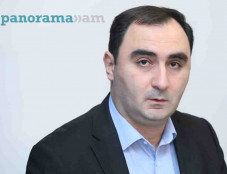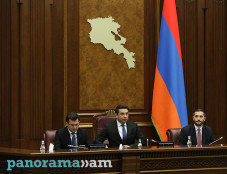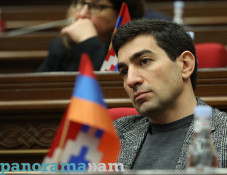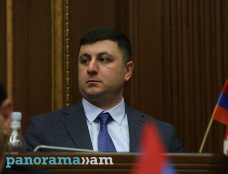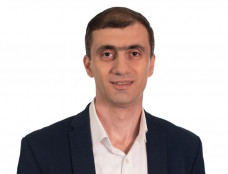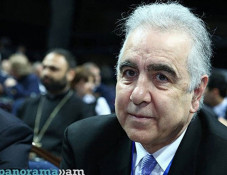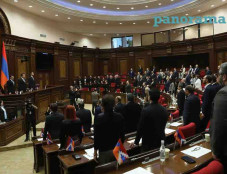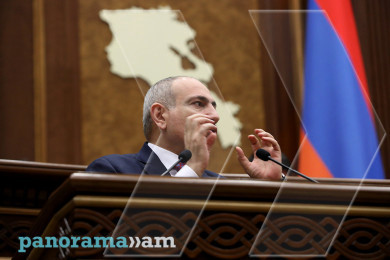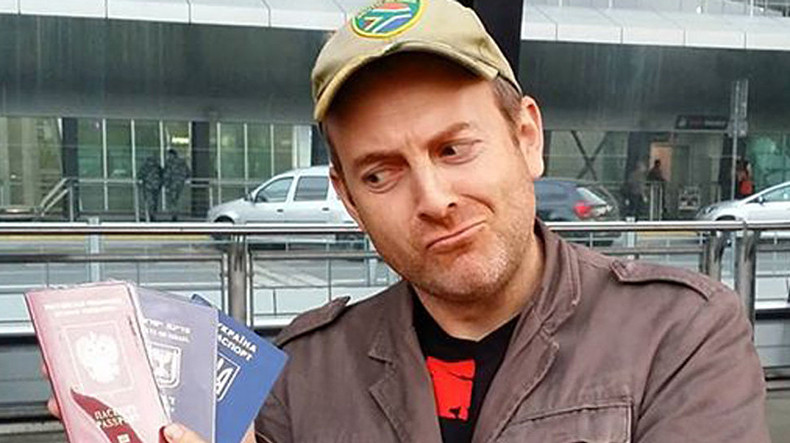
Political scientist suggests transferring Lapshin’s case to Kremlin through relevant structures of CSTO and EAEU
Belarus is an authoritarian state, and it seems quite unlikely to expect things happening there without the country’s president’s knowledge, political scientist Levon Shirinyan told a press conference on Saturday, speaking of Alexander Lapshin, Russian blogger and traveler, who faces extradition to Azerbaijan over his visits to the Nagorno-Karabakh Republic (NKR).
To remind, Alexander Lapshin was arrested in December 15 in Minsk at the request of Azerbaijan. He faces sentence from five to eight years of imprisonment. After his visits to NKR in 2011 and 2012, Lapshin’s name was placed on Baku government’s blacklist. The Azerbaijani prosecutor general issued an international warrant for Lapshin’s arrest not only because of his visits to NKR, but also because of his posts, in which he expressed his support for the independence of the region.
To Shirinyan’s conviction, Lapshin’s possible extradition to Azerbaijan has not only political but also economic dimension, given Belarusian economic interests in Azerbaijan. In terms of the politics, the political scientist said, the blogger’s extradition request is a simple manifestation of racism, fascism and Pan-Turkism.
“There is the Declaration on the Granting of Independence to Colonial Countries and Peoples adopted by the UN General Assembly on December 14, 1960 that enabled the liberation and the freedom of number of Asian and African countries. One the resolutions’ provisions envisage sanctions for encroachments directed against peoples exercising their self-determination. Artsakh along with its friends and humanitarian agencies should initiate the process of sanctioning Azerbaijan as a fascist state,” Shirinyan said.
The political scientist also wondered at the Israeli reaction and the lack of principled stance on Belarus, given the fact that Lapshin also holds Israeli citizenship.
“Russia never extradites its citizens to third countries, the same is with Israeli legislation, yet the latter’s “principled stance” toward Belarus is quite surprising,” Shirinyan maintained.
The speaker next criticized the attitude of Belarus. “Our ally is harming us everywhere. Let us transfer the matter to Kremlin through the relevant structures of CSTO and EAEU. What practice is allied Belarus is using against Armenia,” wondered the speaker.
In response to a question whether Armenia should issue a diplomatic note over the arrest, Shirinyan said: “Not Armenia, but Artsakh should make use of an opportunity to become a subject of international law. The Armenian Assembly, Hay Dat should have been interfered. The case also deals with the sphere of humanitarian law,” the expert said suggesting a comprehensive work to be conducted.
Newsfeed
Videos





